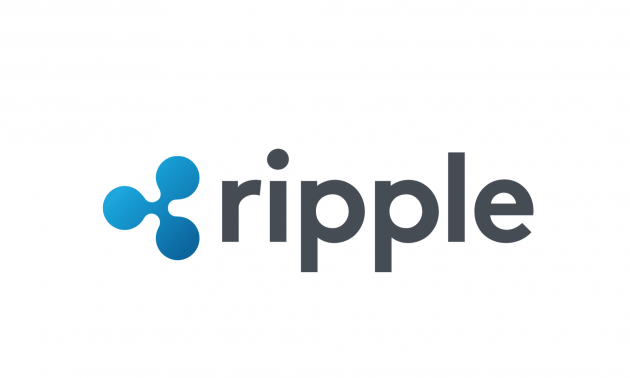Despite the legal issues faced by the Ripple Labs, Brad Garlinghouse (CEO of Ripple) took time to talk at a Fintech festival in Singapore to comment on Ripple’s future and the general well-being of the cryptocurrency.
Garlinghouse in a discussion with Ross Leckow (Deputy General Counsel of the International Monetary Fund), talked about the significance of ASEAN crypto market’s. The ASEAN group includes exchanges in Indonesia, Singapore, Philippines, Malaysia, Thailand and two in Vietnam.
XRP (XRP) Price Today – XRP / USD
Please enter CoinGecko Free Api Key to get this plugin works.
Garlinghouse described the usefulness of the contributions made by Singapore and all its leadership to the blockchain world. In Singapore, there are traditional regulations also the country supports investors wishing to get involved: “Thailand is another country that has explicitly and expressly endorsed and legalized cryptocurrencies including in XRP. The Philippines is also making the necessary moves to create a stable system as well”.
Ripple Labs CEO believes that regulation issues are having negative effects on cryptocurrency adoption. If governments can establish more defined regulations, there will be an increase in the number of people getting involved: “If we have regulatory certainty for Ripple and other companies in the industry, the mass adoption will become rapid as people will be more inclined to accept these technologies.”
Garlinghouse then talked about the Asian market, saying that their “regulatory clarity” has made a great difference concerning the success of digital assets. The CEO revealed that ASEAN countries accounts for about $130 billion in remittances daily. He claims this makes the Asian market “ripe for blockchain adoption and the adoption of digital assets.”
In a similar vein, Garlinghouse in an interview with Bloomberg revealed that Ripple is already making moves to overtake the SWIFT banking industry. SWIFT means the “Society for Worldwide Interbank Financial Telecommunication.”
Banks and businesses have been making use of the Ripple blockchain, because it is a faster, decentralized ledger: “The technologies that banks use today that Swift developed decades ago really hasn’t evolved or kept up with the market. Swift said not that long ago they didn’t see blockchain as a solution to correspondent banking. We’ve got well over 100 of their customers saying they disagree.”




